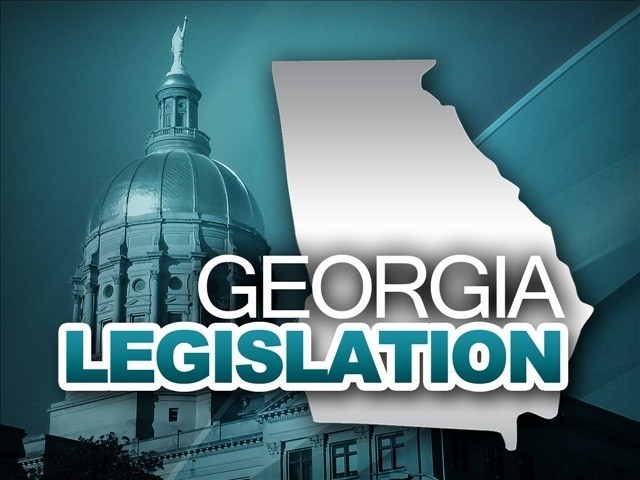SAVANNAH, Ga. (AP) -- For more than four decades, development of hotels and attractions on Jekyll Island has long been governed by a seemingly simple law mandating that 65 percent of the state park's land must remain unspoiled.
Now Georgia lawmakers are being asked to make a big change to the key policy that has guided conservation on the island getaway since 1971. Both conservation groups and the state authority that manages Jekyll Island want to do away with using a percentage to limit how much of its land is open to development and instead insert a fixed number of acres into the law.
The compromise was hatched last year as the Jekyll Island Authority and environmentalists debated how to calculate the island's acreage, particularly whether marsh should be counted as land, for a new master plan to guide the park's future. Identical bills that would write the deal into state law were introduced in both the House and Senate last week as the Legislature opened its 2014 session.
The House measure's main sponsor is Rep. Mark Hamilton, R-Cumming, who says he learned firsthand how difficult it can be to agree on the exact size of a barrier island when he served as chairman of the legislative oversight committee for Jekyll Island. Beach-raking storms and natural tidal erosion can literally shrink an island's land area, he said, while new technologies can alter the way we measure it.
"This is a wonderful thing for lawyers because they get to continue to argue about all this," Hamilton said. "Why don't we just stick a stake in the ground and say here's the amount of acreage we can develop?"
Wealthy northern industrialists owned Jekyll Island and used it as a secluded winter getaway until 1947, when Georgia officials bought it for use as a state park. Since 1971, the guiding policy ensuring most of its beaches, salt marshes and forests remain unspoiled has been the law mandating 65 percent of the island remain undisturbed. No new acreage was used in the island's recent $50 million tourism makeover, which built a new convention center and beachside park on a site where old construction was bulldozed.
The compromise proposed to do away with the so-called "65-35 rule" would limit total development on Jekyll Island to 1,675 acres. Most of that land has already been used, and future development would be limited to just 78 acres. Twelve of those acres have already been designated for expansion of the park's campground. And any new commercial construction would be further restricted to just 20 acres.
The Georgia Conservancy, headed by former Democratic Lt. Gov. Pierre Howard, is endorsing the changes. So is the Initiative to Protect Jekyll Island, another group that butted heads with the state authority over the proper way to measure how many acres made up the 35 percent of the island open to development under the existing law.
During development of Jekyll Island's new master plan last year, both conservation groups argued the park should exclude marsh from its acreage calculations, which would have shrunk the island's size and pushed its developed percentage over the legal limit. State Attorney General Sam Olens weighed in with an opinion that marsh should count as land, which left the Jekyll Island Authority free to build on at least 108 more acres.
"Twenty acres for us looks like we would still be able to pretty much protect the island from what we would consider excessive development," said David Egan, an island resident and co-founder of the Initiative to Protect Jekyll Island. "People who are concerned this is a land grab or a giveaway, if they look at it carefully I think they'll see it's a pretty reasonable compromise."
The question now is whether legislators will agree. Rep. Lynn Smith, R-Newnan and chairman of the House Natural Resources and Environment Committee, is a co-sponsor of the bill and said she plans to have lawmakers vet the details in a subcommittee. Its first meeting could come next week.
Eric Garvey, spokesman for the Jekyll Island Authority, said he suspects the plan will win broad support at the Capitol because of the consensus already reached by the park's managers and stakeholders.
"We don't expect there will be any controversy around it," Garvey said. "We feel like everyone's ready to see this solution put into law so we can move forward."
But it's also possible some lawmakers could insist on changes that threaten to undermine the compromise.
Egan said he's particularly concerned that legislators might want to adjust the total acreage that would remain open to development.
"I think it's pretty fragile," Egan said. "There are people probably on both sides of the issue who feel if this is going to get changed, they're not going to support it."
Friday
April 26th, 2024
6:11PM









